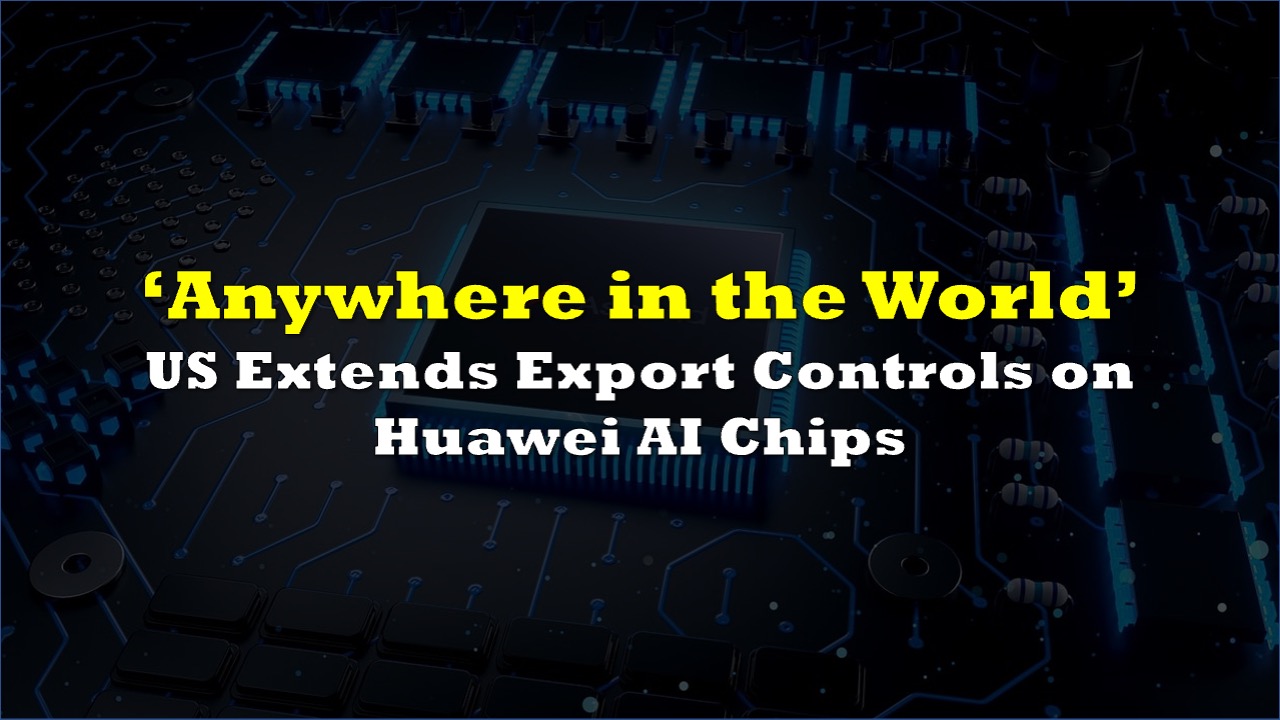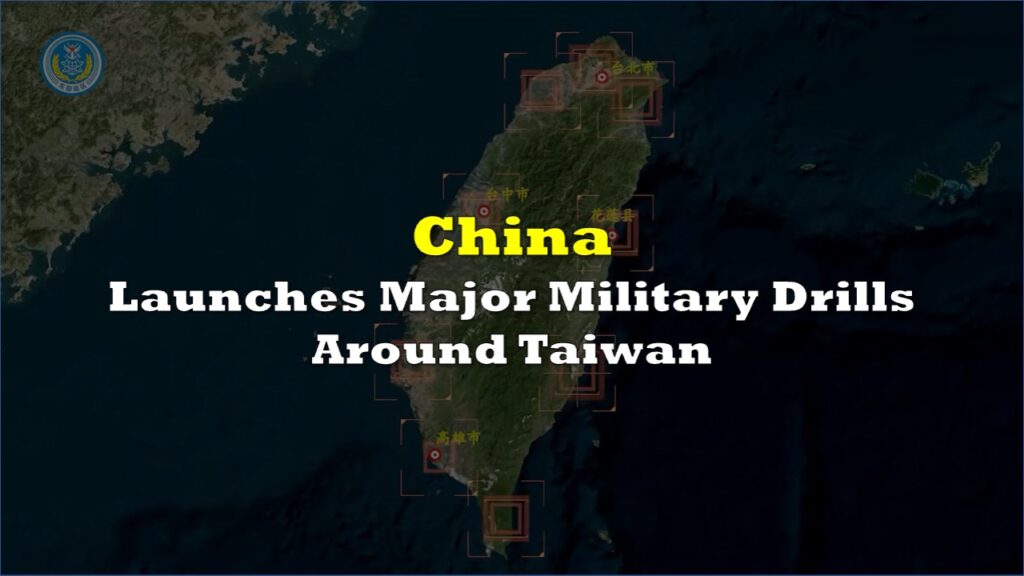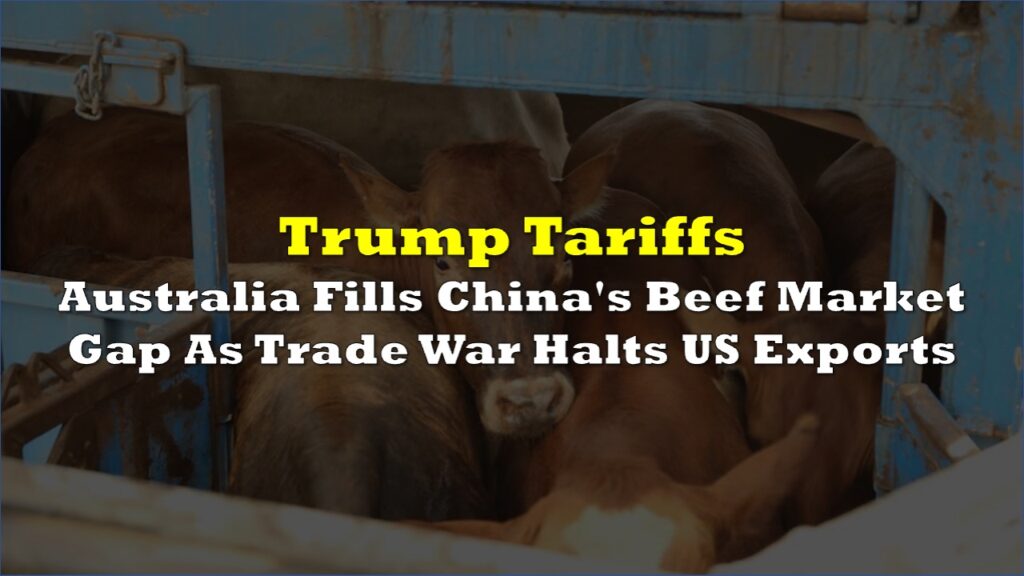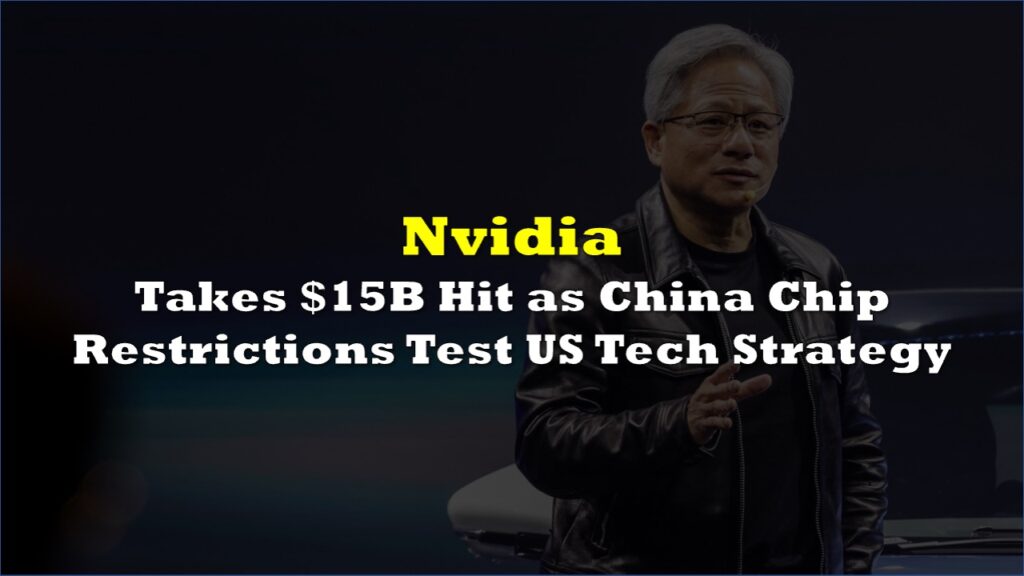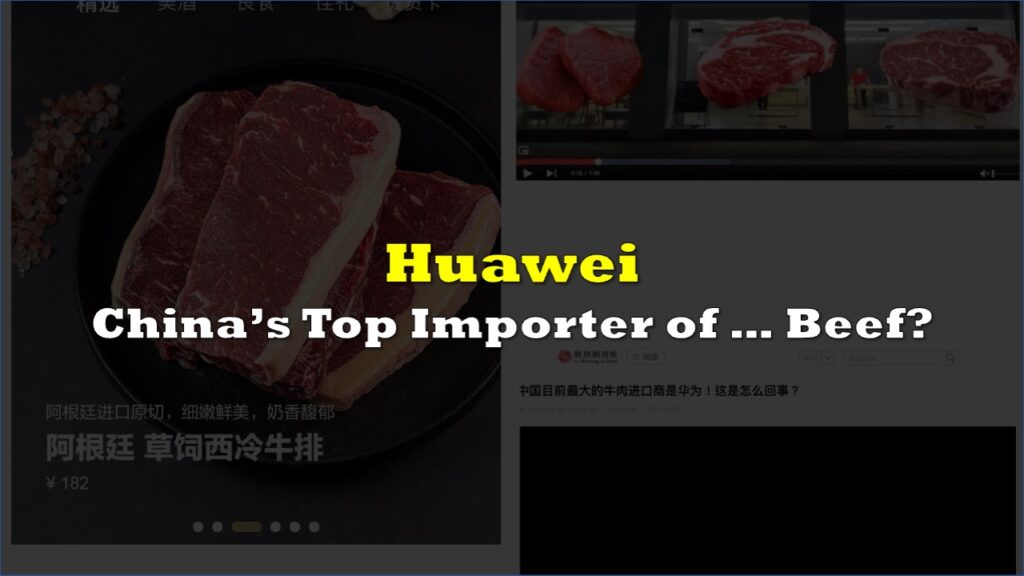The US has declared that using Huawei‘s AI chips anywhere in the world violates American export controls, dramatically expanding its claim to regulate technology far beyond US borders.
The Commerce Department’s Bureau of Industry and Security announced Tuesday that deploying Huawei Ascend chips — even by Chinese companies operating solely in China — breaches US regulations, claiming these processors likely incorporate American technology or were manufactured using US-derived equipment.
The move represents an unprecedented assertion of extraterritorial jurisdiction that Chinese officials promptly condemned as “abusing export control measures.”
Tech analysts say the restriction could effectively cut off companies worldwide from critical AI infrastructure emerging from China, forcing firms to choose between Chinese and American technology ecosystems.
“If you’re a Chinese company, in China, with zero relations to the US and you buy Huawei Ascend chips, then you’re held criminally liable,” entrepreneur and commentator Arnaud Bertrand noted in a post on X.
This is the most insane part of the new US export controls.
— Arnaud Bertrand (@RnaudBertrand) May 15, 2025
If you're a Chinese company, in China, with zero relations to the US and you buy Huawei Ascend chips, then you're held criminally liable for doing so under US extraterritorial law.
With all the consequences that… https://t.co/imtKUbzaEQ
Penalties could include financial isolation through addition to the US Entity List, barring access to international banking and US-linked technology. Company executives might face jail time if traveling to countries respecting US jurisdiction.
He Yongqian, spokesperson for China’s Ministry of Commerce, said Thursday that China will take “significant steps” to defend Chinese companies’ rights and interests, signaling potential retaliation.
The guidance specifically targets Huawei’s Ascend 910B, 910C and 910D chips, which have emerged as China’s answer to Nvidia processors previously blocked from export to China. Huawei was reportedly preparing to begin mass production of 910C chips this month.
The restrictions came as the Trump administration rescinded the Biden-era “AI Diffusion Rule” that would have placed tiered restrictions on AI chip exports globally. The new approach instead narrows focus to Chinese technology.
Analysts suggest this strategy could backfire. Microsoft co-founder Bill Gates said in a recent CNN interview that US tech bans on China have had “the opposite effect,” forcing China “to go full speed ahead in terms of chip manufacturing.”
“China’s only strategic option here is to accelerate tech and financial decoupling from the US,” Bertrand wrote.
Information for this story was found via the sources and companies mentioned. The author has no securities or affiliations related to the organizations discussed. Not a recommendation to buy or sell. Always do additional research and consult a professional before purchasing a security. The author holds no licenses.

